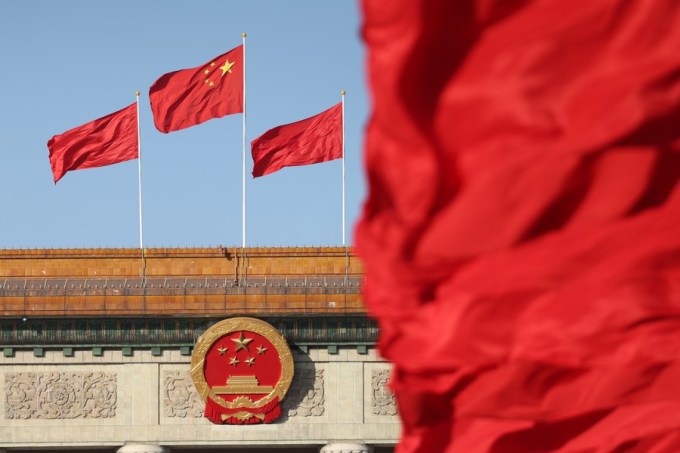[서울=뉴스핌] Diplomatic Reporter Yu Shin-mo = There is a subtle tension in the relationship between Korea and China as it became known that a Korean citizen who worked at a Chinese semiconductor company was arrested and detained by Chinese authorities on ‘espionage charges’. This is the first time that China has applied the ‘anti-espionage law’ to detain a Korean national.
Mr. A, a Korean man in his 50s who was arrested this time, is a professional with experience working in the semiconductor division of Samsung Electronics. Based on this experience, Mr. A was scouted by a Chinese company and has been working for three to four Chinese semiconductor companies since 2016, including Changshin Memory Technology (CXMT), China’s largest memory company.
It is reported that the State Security Bureau of Hefei City, Anhui Province, which arrested Mr. A, suspects that Mr. A has leaked semiconductor-related information to Korea.
China’s anti-espionage law has been suspected of being created with the West in mind, including the United States, Britain, Canada, and Japan. 2014, when this law was first enacted, coincided with a time when relations with Japan were deteriorating due to issues such as the Senkaku Islands (Chinese name Diaoyu Islands) and the East China Sea. Since the Anti-Espionage Act was first implemented, 17 Japanese people have been punished under this law.
China revised this law in July of last year, immediately after the inauguration of Xi Jinping’s third term, greatly expanding the scope of application and interpretation of the law for espionage, and strengthening punishment. The revised Anti-Espionage Act considers the act of obtaining or providing classified information and information related to national security and interests as an act of espionage. The problem is that ‘national security and interests’ can be defined arbitrarily. The scope to utilize this law politically has expanded.
In particular, at a time when the ‘decoupling’ of cutting-edge technology and supply chains was in progress due to the intensification of strategic competition between the US and China, China revised the Anti-Espionage Act to broaden the scope of application and strengthen punishment because of its uneasy relationship with China or because of the US-China strategic competition. Concerns were raised that it was aimed at countries that sympathize with .
In fact, many civilians from the West were punished under this law. For this reason, when this law was revised last year, the Ministry of Foreign Affairs urged Chinese residents and travelers to pay special attention. With Mr. A’s arrest, the government’s concerns have become a reality for the first time in over a year.
It is expected that many Korean professionals working in China will be greatly discouraged by this incident. It has been reported that high-tech professional workers in the semiconductor, IT, pharmaceutical, and biotechnology fields who were scouted in China from Korea are feeling anxious or expressing fear for their safety due to this incident. There are also predictions that this incident will pour cold water on Korea-China relations and the expansion of private exchanges, which have been gradually improving with the recent increase in high-level contacts.


